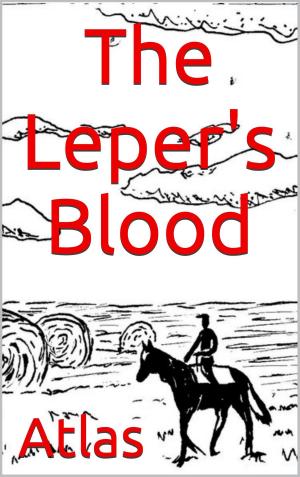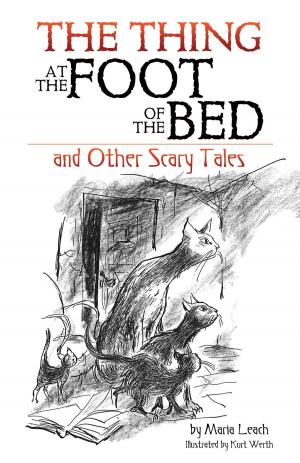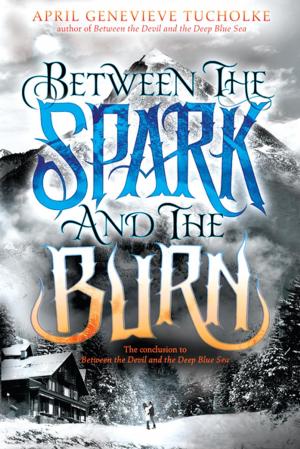| Author: | ISBN: | 9780995541016 | |
| Publisher: | Double Axe Comics | Publication: | July 27, 2016 |
| Imprint: | Double Axe Comics | Language: | English |
| Author: | |
| ISBN: | 9780995541016 |
| Publisher: | Double Axe Comics |
| Publication: | July 27, 2016 |
| Imprint: | Double Axe Comics |
| Language: | English |
This graphic novel is set during the latter days of the Roman Empire and tells the fictional story of Titus, a genral in the Roman army, who is engaged in a cycle of revenge with Tamora, Queen of the Goths. It is Shakespeare's bloodiest and most violent work, and traditionally was one of his least respected plays; although it was extremely popular in its day, by the later 17th century it had fallen out of favour. In the Victorian era, it was disapproved of primarily because of what was considered to be a distasteful use of graphic violence, but from around the middle of the 20th century its reputation began to improve.
Despite its Roman setting, Titus Andronicus is not an historical play and its sources are a mixture of medieval and classical myth and legend.
It owes much to the tale of the rape of Philomel in Ovid's Metamorphses and a copy of this is actually used by Lavinia in the play to explain what has happened to her.
Shakespeare is also endebted to Seneca's Thyestes, in which Thyestes is served his two sons for supper by his brother Atreus in revenge for his adultery.
Classical tragedy such as that by Seneca was very popular with the Elizabethans, including as it did revenge, bloody murders, brutality, ghosts and long, bombastic speeches. Shakespeare would also have been influenced by Thomas Kyd's play The Spanish Tragedy, which had already made this genre popular a few years earlier.
This graphic novel is set during the latter days of the Roman Empire and tells the fictional story of Titus, a genral in the Roman army, who is engaged in a cycle of revenge with Tamora, Queen of the Goths. It is Shakespeare's bloodiest and most violent work, and traditionally was one of his least respected plays; although it was extremely popular in its day, by the later 17th century it had fallen out of favour. In the Victorian era, it was disapproved of primarily because of what was considered to be a distasteful use of graphic violence, but from around the middle of the 20th century its reputation began to improve.
Despite its Roman setting, Titus Andronicus is not an historical play and its sources are a mixture of medieval and classical myth and legend.
It owes much to the tale of the rape of Philomel in Ovid's Metamorphses and a copy of this is actually used by Lavinia in the play to explain what has happened to her.
Shakespeare is also endebted to Seneca's Thyestes, in which Thyestes is served his two sons for supper by his brother Atreus in revenge for his adultery.
Classical tragedy such as that by Seneca was very popular with the Elizabethans, including as it did revenge, bloody murders, brutality, ghosts and long, bombastic speeches. Shakespeare would also have been influenced by Thomas Kyd's play The Spanish Tragedy, which had already made this genre popular a few years earlier.















